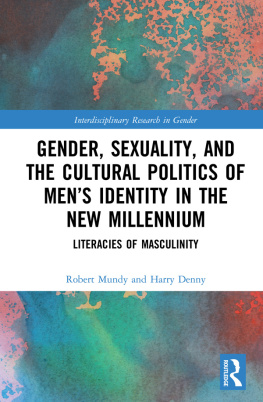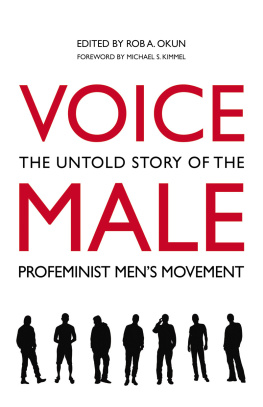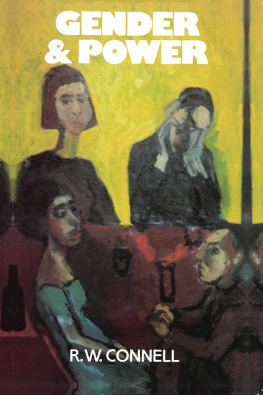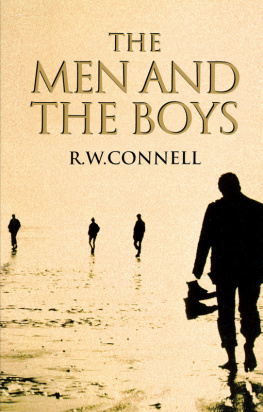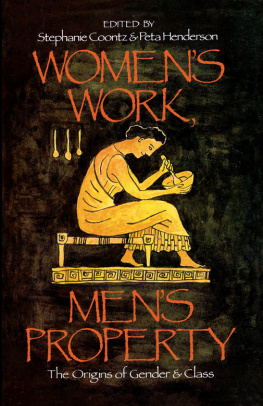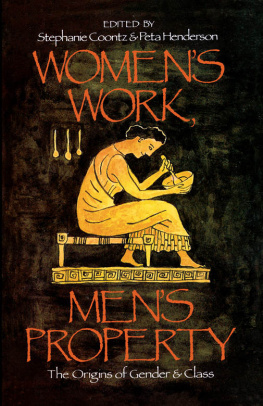Men and Sociology
In classical sociology, a limited analysis of men and work appeared before any of the gender critique offered by academic feminists. For example, an analysis of gender roles can be seen very clearly in both the work of Marx, Durkheim, with both suggesting the sexual divisin of labour develops as society moves towards industrial based civilisation. For Marx
The divisin of labour offers us the first example of howmans own act becomes an alien power, opposed to him, which enslaves him as soon as the divisin of labour begins, each man has a particular exclusive sphere of activity forced upon him and from which he cannot escape.
(Marx cited in Bottomore and Rubel 1986: 110)
Durkheims analysis reflected upon the sexual divisin of labour, offering an account of the growing increased differentiation of task and role that is characteristic of men and women in industrial society.
We are therefore led to consider the divisin of labour in a new light. In this case, indeed, the economic services that it can render are insignicant compared with the moral effect that it produces, and its true function is to create, between two or more people, a feeling of solidarity.
(Durkheim 1984: 17)
Yet for such classical sociologists, the focus on gender was not as important as their larger schemes of work. Later as the discipline of sociology developed, gender roles retumed to the sociological enquiry (see Parsons 1956), and specific male groups became the focus for research (especially if their behaviour was deemed to be something of a social problem). A good illustration of this is juvenile delinquency, a common theme throughout the 195Os and 1960s, explaining male social ills by the absence of the father or mother (Bowlby 1946; Hacker 1957; Hartley 1959; Sexton 1969).
Such themes were of central importance to the American sociological debate. For example, Hartley (1959) discussed links between father absence and the over presence of the mother to increased levels of anxiety in young boys. Hartleys research produced a picture of boys who had very distant relationships with their fathers, and boys who had been taught to valu everything feminine from an early age while living in a social environment dominated by women. Hartley suggested that the problem he re was not father absence but masculine socialisation carried out primarily by women only. Hacker (1957), separately took these debates further by suggesting that
As a man, men are now expected to demnstrate the manipulative skill in interpersonal relations formerly reserved for women under the headings of charm, tact, coquetry, womanly wiles, et cetera. They are asked to bring patience, understanding, gentleness to their human dealings. Yet with regard to women they must still be sturdy oaks
(Hacker 1957: 229)
Hacker points out that the man in a relationship was oen necessarily absent from the family, yet criticised for the effect that this had on his children (Carrigan et al 1987).
A further conflict for men was the increasing dichotomy between the sexuality of some men and societal expectations. With the increasing visibility of male homosexuality Hacker also suggested the need to establish empirically arguing that a typology of men, perhaps according to family constellations or social class position, in terms of their interpretation of the demands of masculinity and their felt capacity to fulfil them (Hacker 1957: 232).



